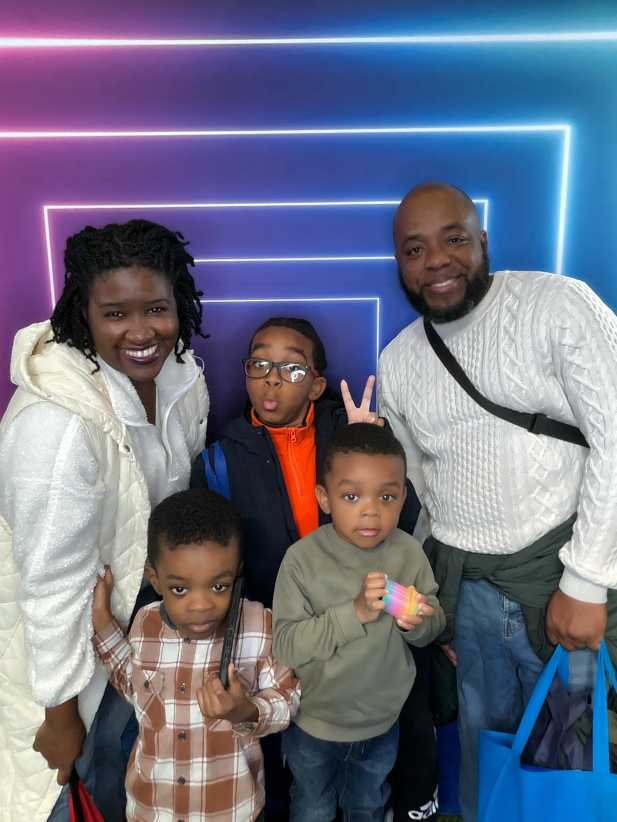How much homework help is too much?
Question: Our 11-year-old is starting sixth grade this year, her first in middle school. She has always relied too much on our help to do her homework. Is there a rule of thumb for how much input a parent should have in a sixth-grader’s homework?
Answer: As a rule, kids should be able to handle their homework by themselves by seventh grade, so you should start working toward that goal now — without pulling your support right out from under her.
Begin by having her read her assignments out loud to you. Then, have her explain how she is going to complete the work. Help her learn to plan the order in which she will tackle her assignments. Next, she should read and explain the directions of the first assignment to you. Not knowing exactly what is expected can cause confusion.
Ask her if she has any questions about the first assignment. After answering them, either encourage her to complete this assignment independently, or watch how she completes the first item to see that she understand the directions. Follow the same steps for all the assignments.
When your daughter runs into a roadblock on an assignment, ask her to study the textbook examples on her notes before asking for your aid. Your aid should never include doing her work for her. Instead, you should pose questions that will help her figure out what to do.
Praise her efforts, and your daughter will take pride in doing her homework by herself.
Teacher comunique
Question: How important is it for me to communicate with my children’s teachers? Some of my friends call their children’s teachers all the time. I never thought it necessary to talk to their teachers, except at the regularly scheduled conferences.
Answer: Research shows that frequent parent-teacher communication helps children succeed in school. So start communicating with your children’s teachers early. It will show them that you want to be involved in their educations.
Communication with your children’s teachers does not have to be formal meetings. Brief notes, e-mails, and phone calls are all effective ways to communicate. Before starting, be sure to find out how individual teachers wish to be approached. A good ice-breaker is a reference to a lesson or a homework assignment that motivated your children.
Informal chats are also very effective communication tools. Plan to volunteer for classroom activities and to attend parent-teacher events. There are great settings for parents and teachers to get to know each other. However, they are not the time to resolve any problems.
Mutual disclosure is important to parent-teacher communication. Parents need to tell teachers about anything that is happening at home that may be affecting their children’s work. And teachers should tell parents what is happening in school.
How often parents and teachers communicate with each other also depends on whether there are serious problems. Some may need to communicate almost every day. If children are handling school well, casual chats with teachers and occasional notes help build relationships.
Facebook rules
Question: We have just given our middle-school-aged daughter permission to be on Facebook. How can we make sure that she uses Facebook appropriately and avoids being bullied online?
Answer: Just about every high-school student in the country is on Facebook, and the number of elementary- and middle-schoolers is rapidly increasing. The time to talk with your child about using Facebook safely is before she opens an account. A good place to start is by visiting the safety information site on Facebook (www.facebook.com/help/?safety). Read this information together and be sure that your child understands the consequences of using Facebook inappropriately. You may ask her if you can visit her page at any time to evaluate the content she is putting up and receiving.
A very unfortunate aspect of the online experience is bullying. The estimated number of children who have been ridiculed or threatened through computer messages ranges from one in three to one in 10.
Most teens are smart enough to consider their online actions. You may want your older children to read, “Teen Cyberbullying Investigated: Where Do Your Rights End and Consequences Begin?,” by Judge Thomas Jacobs.
It spells out exactly when teens’ actions are illegal, and gives them a chance to think about ethical issues while reading actual cases.
Parents can send questions and comments to dearteacher@dearteacher.com. © Compass Syndicate Corporation, 2011.













